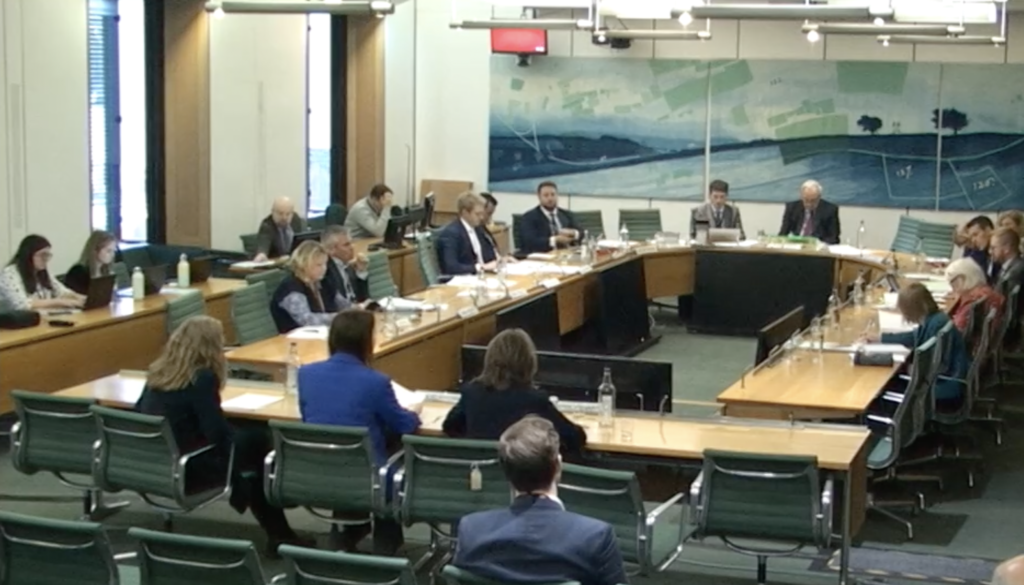
by Joshua Davies, Programme Manager for Transforming the Private Rented Sector
Last week saw the beginning of the committee stage of the Renters (Reform) Bill. This is where things really start to get detailed on private renting reform. The committee will go through every line of the (currently) 89-page-long Bill, plus another 111 pages of amendments introduced by the government.
But, before getting into this, the committee heard from organisations working across the private rented sector to get their thoughts on the Bill and understand where changes are needed. We were invited to give evidence, and our interim CEO, Samantha Stewart, sat before the committee to explain how changes to the Bill can help private renters have safe and secure homes.
Some of Sam’s key points included:
- Protecting vulnerable renters through this legislation is paramount. While the Bill will and should increase protections for all renters, the government should be mindful that those who need increased rights and protections the most are vulnerable renters. This is because they are the most likely to live in unsafe and insecure homes let out by unscrupulous landlords.
- The government must fulfil its promise to end Section 21 evictions without delay. Renters can’t wait for court reform or anything else; they need protection from Section 21 evictions as soon as possible.
- The Bill needs amending to prevent unscrupulous landlords from abusing new possession grounds that let them evict a tenant if they want to move back into or sell the property. The Foundation’s funded research into similar Scottish tenancy reforms tells us that if these loopholes are left open, landlords will still be able to dishonestly use these grounds to evict tenants who complain about bad conditions.
- Proper enforcement of any new regulation is fundamental to the Bill’s success. Local authorities need proper resourcing to be able to enforce the law (you can read more about this in our recent blog post).
- The new property portal (a national landlord register) can encourage landlords to comply with the law by introducing an ’MoT-style’ independent property assessment, which landlords must complete before they can register on the portal and lease their properties.
We also made written submissions, which can be viewed here.
Throughout the week, organisations from the Renters Reform Coalition (and the coalition itself!) made recommendations about changes that were needed to the Bill. You can see some highlights on these threads of Tuesday’s session and Thursday’s session. This coordinated effort was a testament to the vital work of the coalition and all its members, who have been pushing for rental reform for years.
Now that the oral sessions are complete, the committee will go into the details of the Bill, proposing and voting on amendments. And after that, we’ll get to see a revised version of the Bill when it is brought back to Parliament.
If done right, the Bill could greatly improve the lives of England’s 11 million renters, particularly the most vulnerable. But it has to be done right, which means the government must listen to the evidence that the committee heard and make the changes needed.
Do you want to see change for renters? Tweet about this article with the hashtag #RentersAreWaiting, or join the campaign on the Renters Reform Coalition website.
